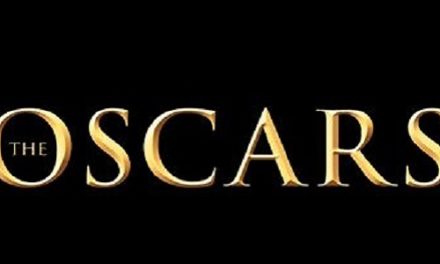 I’m running through a forest of trees, the predator not far behind my steps. I get into the square metal building just in time. I’m breathing heavy, leaning against the steal door. The velociraptor breaks through the window and is working through the blinds as I open the door. He (or she — I really can’t be sure) reaches to bite my leg.
I’m running through a forest of trees, the predator not far behind my steps. I get into the square metal building just in time. I’m breathing heavy, leaning against the steal door. The velociraptor breaks through the window and is working through the blinds as I open the door. He (or she — I really can’t be sure) reaches to bite my leg.
I wake up.
I’ve had that dream every time I watch Jurassic Park and have since the first time I’ve seen it.
I don’t really understand dreams. I don’t mean that I’m attempting to analyze them — because I think that’s a bunch of bull. What I don’t understand is why my brain makes things up as I’m trying to get a good night’s sleep.
Dreams occur most often during the REM cycle, according to Psychology Today. That may explain why there are certain periods in my life where I’ll dream for months at a time. I’m assuming that’s when life gives me more time to sleep.
But then why can’t I remember all of it when I wake up? Dr. William Dement said there are no proven answers to that question. However, his best guess is that we have evolved to the point that our body won’t let us remember our dreams because then we wouldn’t be able to differentiate a dream from a memory.
 I’m lucky in the fact that I rarely have nightmares. But I think sometimes good dreams can turn out to be bad dreams. What if I dream about the job I want to get and I get it — but then I wake up? What if I’m trying to forget something good that’s happened in the past that I know will never happen again? I’m already trying to block it out; why is my brain bringing it back to me when I was just beginning to forget?
I’m lucky in the fact that I rarely have nightmares. But I think sometimes good dreams can turn out to be bad dreams. What if I dream about the job I want to get and I get it — but then I wake up? What if I’m trying to forget something good that’s happened in the past that I know will never happen again? I’m already trying to block it out; why is my brain bringing it back to me when I was just beginning to forget?
Craig Hamilton-Parker believes that once a person understands the interpretation of the dream, it “can solve many of life’s problems and bring about internal harmony and well being.”
What if I don’t want harmony? What if I just want to forget? Or I don’t end up getting that job? That’s definitely not solving my problem.

















